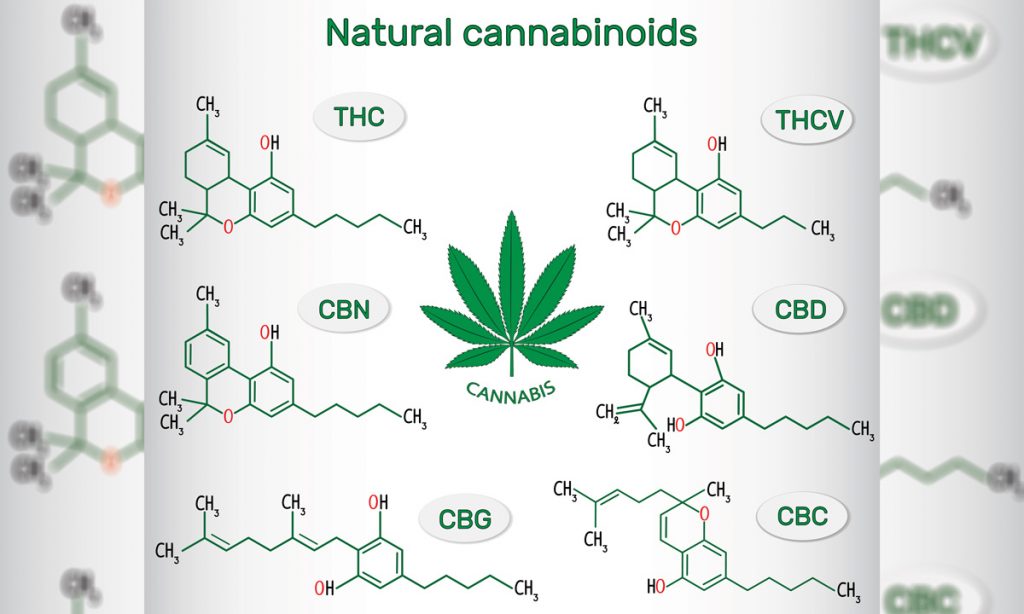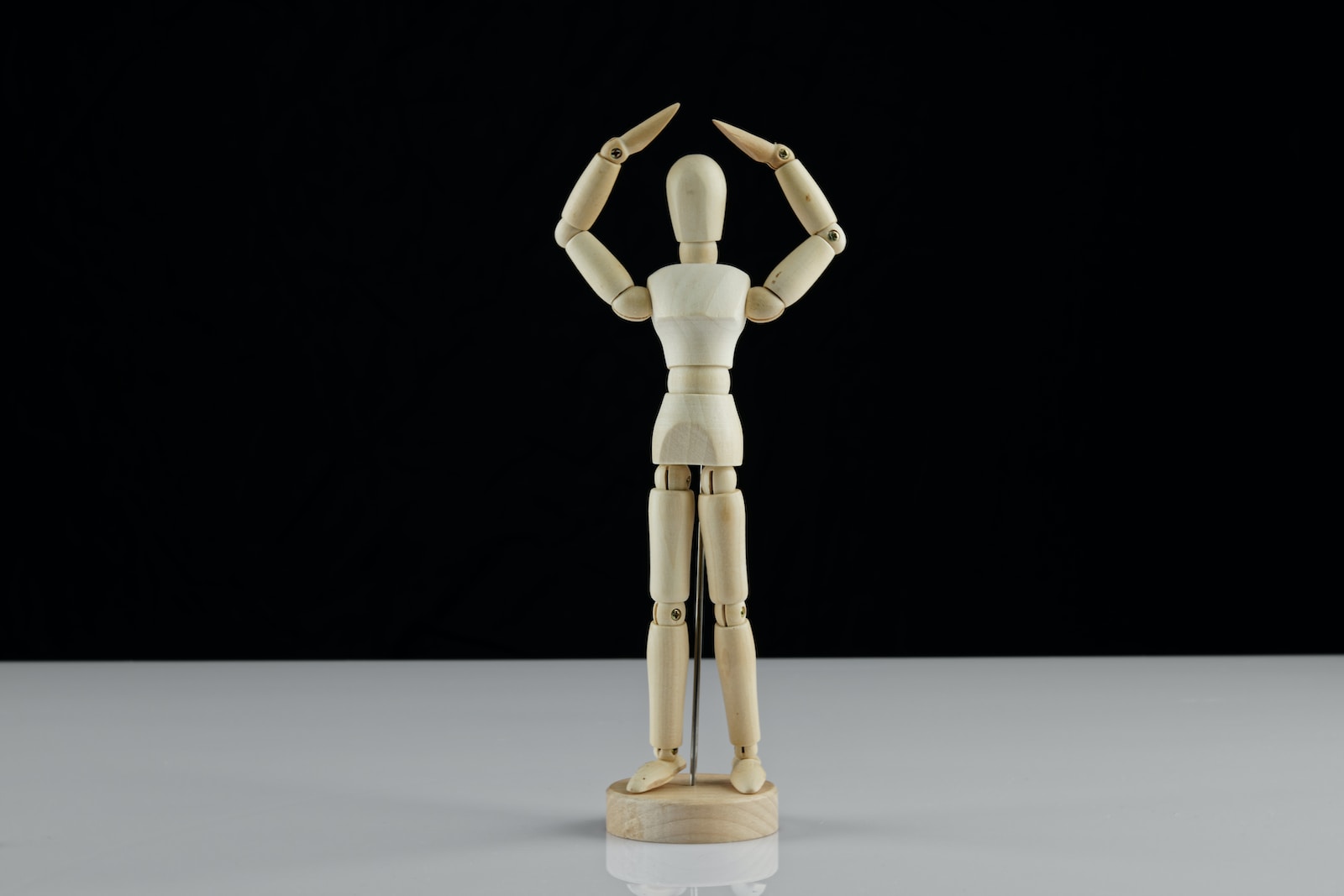The endocannabinoid system plays a significant role by increasing the levels of endocannabinoids and receptors in areas of pain and stress, which helps to restore equilibrium.
Chronic or acute pain, stress, fatigue: CBD works in the body in all of these situations, because of the existing endocannabinoid system. Your body already has CB1 receptors located throughout the peripheral, central nervous system, and CB2 receptors located throughout the immune system, and also in the muscles, and skeleton.
Your body, when there’s episodes of pain, stress, or fatigue, develops a stress response. A system primarily mediated by the hypothalamic pituitary adrenal axis, cortisol, norepinephrine, epinephrine, serotonin, and dopamine. They all work in this fight or flight phenomenon which needs to be restored to equilibrium after the episode of stress, or pain.
This is where the endocannabinoid system comes in. It plays a significant role by increasing the levels of endocannabinoids and receptors in areas of pain and stress, which helps to restore equilibrium and control the amount of inflammation or stress the body experiences in these settings. This system is already in place in your body. There’s CB1 and CB2 receptors, and the endocannabinoid (“endo” meaning coming from within and “cannabinoids” being the molecules). The cannabinoids — anandamide and 2-AG being the predominant ones — contribute to this termination of a stress response that is also reasonable and valuable in the setting of treating pain, stress, and symptoms of fatigue leading to problems with appetite, sleep disorders, chronic pain or inflammation.
The CB1 receptors are expressed throughout the peripheral and central nervous system in the GABA and glutaminergic nerve terminals, but there’s also effects of CB receptors in serotonin, norepinephrine and dopamine terminals in the central nervous system, the brain, the spinal cord, and in the peripheral nervous system.
RELATED: Everything You Need To Know About Your Endocannabinoid System
These nerves are found throughout the body and help us to feel our hands and feet, as well as to move our bodies, and be aware of sensation. The brain area where motor control lies is also where situations such as tremors or muscle spasm originate. These areas are also the source of memory and cognition impairment, which is impacted by anxiety, lack of sleep, stress or PTSD. This area is rich in CB1 receptors.

CB2 receptors are located primarily in the immune system, the spleen, lymph nodes, and the bone marrow, but also in the musculoskeletal cells. These cells also respond to stimulation with CBD, so our endocannabinoids the body naturally produces (the anandamide and 2-AG) are found all over the body. But studies have shown in areas of chronic inflammation such as arthritic joints, there are higher concentrations of endocannabinoids suggesting the up regulation of those molecules, and an up regulation of the CB receptors similar to other body systems. When you need control of inflammation, the body brings additional receptors and additional endocannabinoids to the sites.
It makes sense CBD would be effective for stress management, the treatment of chronic non-cancer pain, insomnia, and anxiety, because it’s going to activate those same CB1 and CB2 receptors already exist over your entire body. This restores equilibrium and plays a significant role in terminating a stress response either due to chronic stress, inflammation, or pain.


